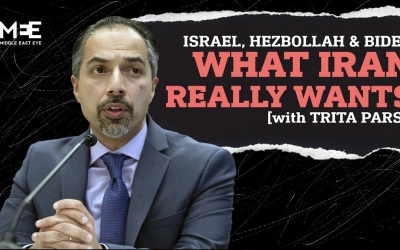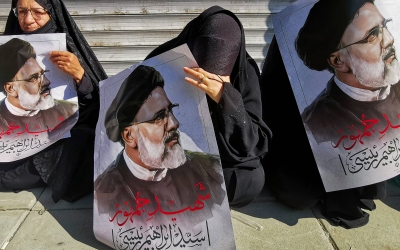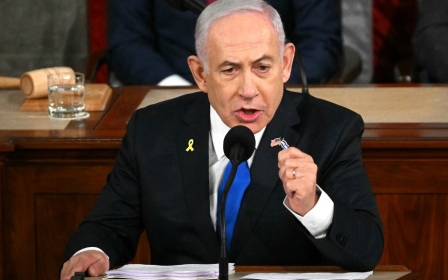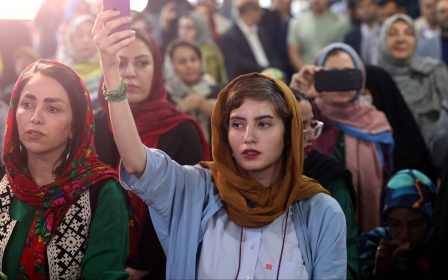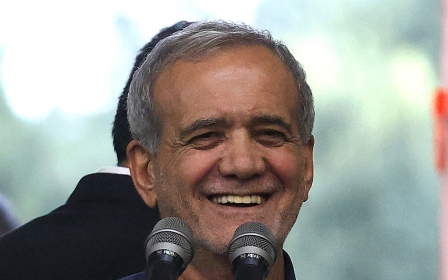Iranian press review: Execution of 2022 anti-establishment protester sparks outrage
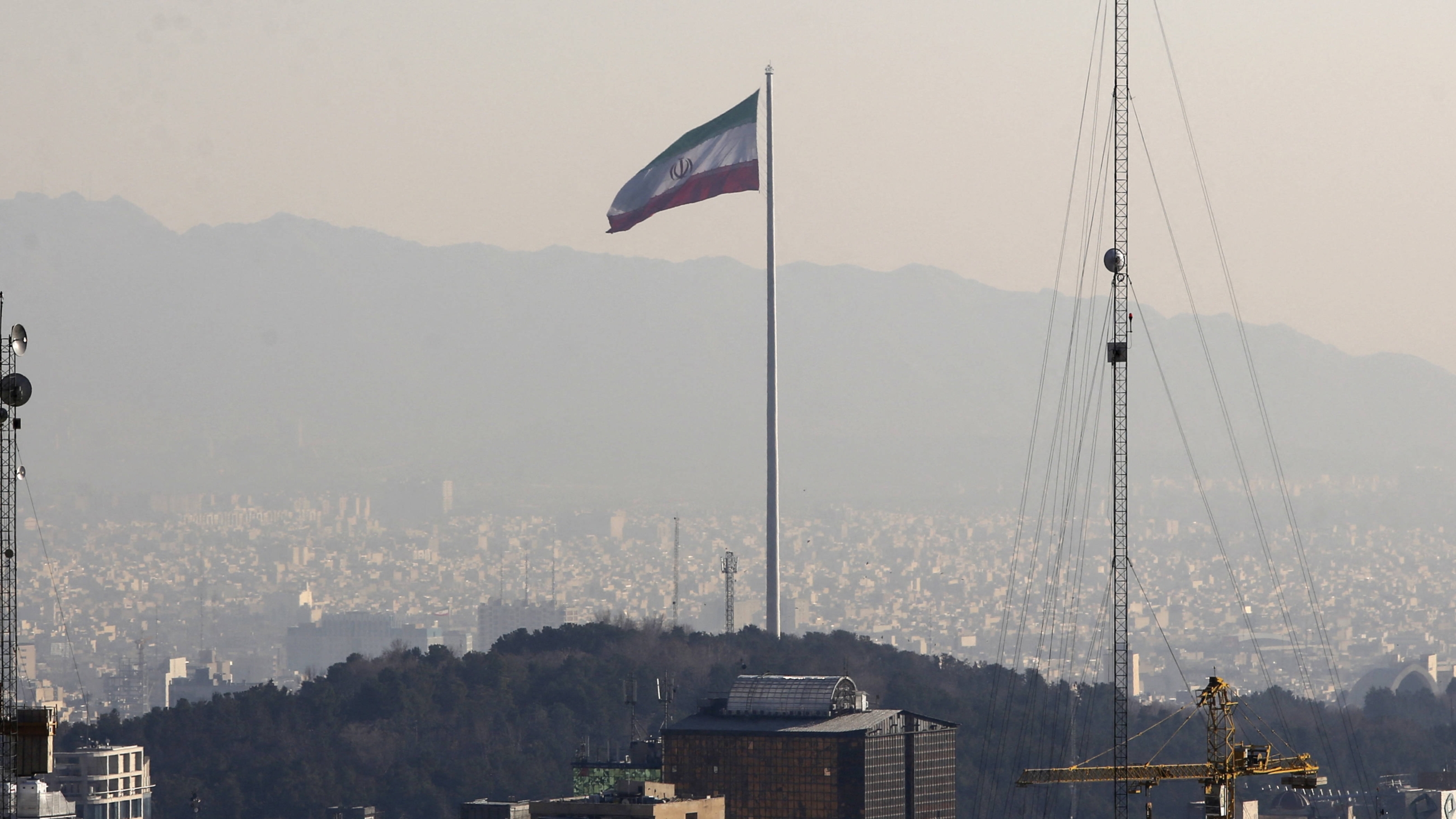
Families of prisoners call for media support and global advocacy
The execution of Reza Rasaei, a protester detained during the 2022 anti-establishment demonstrations, has triggered widespread outrage among Iranians, and relatives of other political prisoners have urgently called for intervention to protect their loved ones from a similar fate.
On Tuesday, the Iranian judicial news agency Mizan reported that Rasaei, who was accused of killing a police officer, was executed before sunrise at Kermanshah prison.
Rasaei, arrested in November 2022 in the Kurdish city of Sahneh, had repeatedly denied the charges and claimed he was coerced into a "false confession". Amnesty International condemned the unfair trial process in a December 2023 report.
Following Rasaei’s execution, the families of other dissidents facing imminent execution have urged the global community to act against capital punishment in Iran.
New MEE newsletter: Jerusalem Dispatch
Sign up to get the latest insights and analysis on Israel-Palestine, alongside Turkey Unpacked and other MEE newsletters
Mojahed Korkor’s sister, whose brother is on death row, took to X to express her grief: “Reza Rasaei was executed in silence. Don’t let my brother suffer the same fate - be his voice.”
In a video statement, Mahmoud Bahrami’s sister, another protester facing the death penalty, criticised the media for failing to support the families of political activists.
“Oh justice! Hear the cries of the families seeking justice, whose loved ones are imprisoned and who must beg the media to be their voice,” she said.
Tehran facing retaliation dilemma, says expert
Local political analysts and foreign affairs experts have suggested that the Iranian establishment is facing a dilemma on how to avenge the assassination of Hamas leader Ismail Haniyeh in Tehran without escalating tensions.
On Wednesday, Ahmad Zeidabadi, a prominent political analyst, said that the delay in Iran’s response could be due to this dilemma.
“The problem for the establishment is how to retaliate against Israel without spreading the war,” he wrote in the Ham Mihan daily.
“No solution to this issue has been found either in Tehran or anywhere else in the world. The delay in retaliatory actions might be related to this problem.”
Zeidabadi also noted the influence of conservatives in Iran who are pressuring policymakers to take severe measures against Israel.
Zeidabadi, who supports reducing tensions with western countries and Israel, stressed that previous Iranian retaliatory actions have not been effective in deterring Israel’s attack on Iran.
“If the planned avenge is carried out without casualties or damage then it fails to contribute to the stated goals - especially deterrence. Conversely, if the operation results in significant casualties and damage, it will not prevent the spread of war,” he said.
Iran accuses New York Times of being a propaganda apparatus
Tehran has condemned the New York Times, accusing it of being a propaganda outlet for “Mossad murders” in Iran, following the assassination of Hamas leader Ismail Haniyeh.
In its main headline on Sunday, Iran’s official government newspaper Iran dismissed the Times’ report that a bomb had been planted in Haniyeh’s Tehran residence.
The Iranian newspaper contended that the Times’ coverage of Haniyeh’s assassination was designed to absolve Israel of any wrongdoing, dramatise the story and mislead both Iranian security institutions and the public.
“Whenever there is a terror attack linked to the Zionist regime, the American newspaper The New York Times quickly steps in as the media ally of the perpetrators,” wrote the daily.
The paper criticised the Times for failing to address these attacks from moral, humanitarian, or political viewpoints.
“Instead, it tends to glorify these brutal and politically motivated acts by focusing on unverified technical and military details, thereby shifting attention away from the core issue of terrorism,” it concluded.
Industries face economic losses due to power shortages
Iran has suffered significant economic losses from power outages impacting its industries, with estimates exceeding five billion dollars.
The petrochemical and cement industries are suffering the most, local media reported.
The recent unprecedented rise in temperatures has prompted authorities to implement rolling power cuts. Initially, officials redirected electricity from various industries to ensure homes received adequate energy. They recently also cut power to government offices.
To address the energy shortage, the government has shifted working hours to start at 6am, and in Tehran and some other provinces, authorities have restricted the use of air conditioners and coolers after noon.
On Sunday, the government’s official website Dolat reported that 51 government offices in Tehran experienced power cuts because they used air coolers after 12pm.
Energy experts in Iran attribute the ongoing electricity shortages to the deteriorating state of the country’s infrastructure and delays in expanding its electricity industry and power plants.
The situation has worsened during the summer, intensifying the demand for energy due to the heat.
*Iranian press review is a digest of news reports not independently verified as accurate by Middle East Eye.
Middle East Eye delivers independent and unrivalled coverage and analysis of the Middle East, North Africa and beyond. To learn more about republishing this content and the associated fees, please fill out this form. More about MEE can be found here.


